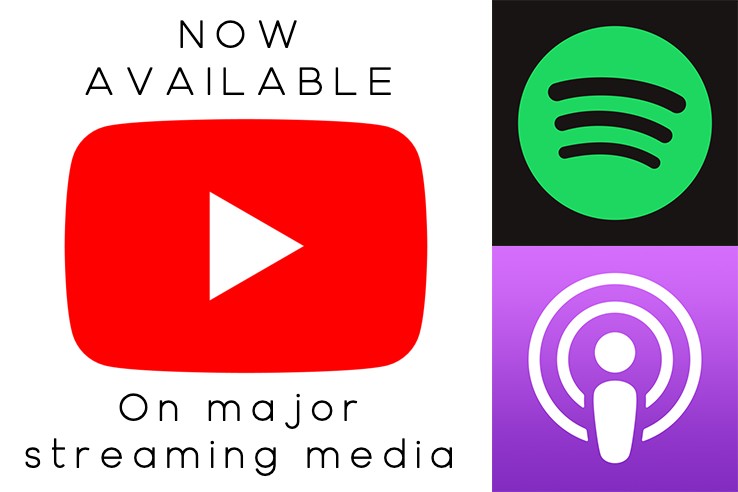Everyday play tactics. The most important action you can take to get better your game is start playing tactics. You don’t need to spend the whole hour on it. Spend 15-20 minutes a day is totally enough. What are the top 10 actions we recommend to improve your chess?
Action 1. Everyday play tactics
The most important action you can take to get better your game is start playing tactics. You don’t need to spend the whole hour on it. Spend 15-20 minutes a day is totally enough. Choose the problems you can resolve fast. You shall spend around 2-3 minutes per solution or less for finding all the crucial combinations. This way you can resolve 5-10 tactics per day. Chess databases can help you find optimal answer.
Action 2. Play competitions
Second action for getting better is your constant play. Most beginners expect that playing on the web chess is sufficient. Online chess can be a temporary solution for over the board chess. However, to completely focus on your chess improvement you must start playing competitions. Locally at your school, club or neighborhood. Even if you practice for fun, the value you gain from OTB (over-the-board) games cannot be compared with web chess. Chess masters play online, but only for fun rather than for serious games. If you want to improve your practice chess, always choose over-the-board. You can find local clubs online.
Action 3. Analyze your lost games
When you analyze your lost games, it will be the most beneficial thing for your learning curve. Many novice players do not analyze their games at all or just focus on their wins. When was the last time you learnt from somebody else’s mistake? Probably never. 100 times you hear it, 10 times you see it and one time you do it. When you analyze your lost games, you will understand what went wrong. Sometimes it will hurt to see your own mistakes but over the long run you will learn the most.
Action 4. Learn from Masters
Why it is best to learn from the masters? Because you just don’t find the tricks in your own head. You need to watch other international masters or Grand Masters to perform. You can study these games easily at every chess database available. (of course, Opening Master is best of them as we have all the games) First of all, when you study these games, pick the annotated first. Do not guess yourself. Let it explain you by professional players why Grand Master decided to play this or that. The best way to learn this technique is by active playing or replaying the games not just reading it.
Action 5. Use chess databases or engines
Most engines these days can beat human World Champions. Opening Master GOLEM stores 26 millions of chess games played starting from the 1900s. Chessbase or Chess Assistant or other free programs (such as SCID) can analyze games for you, to help you what went good and what went wrong. We have met personally 13-year-old GMs Preggu from India, this would not be possible 30 years ago. Technology can help young boys to become Grand Masters at age of 12 or 13 but it will not substitute for their hard work. Do not rely only on computers. This is a short cut which will come back as boomerang. You need to understand your human mistakes and no computer can help you with that. (yet). Computers cannot show you how to avoid mistakes in the future. Do it yourself and engine can help you. Player needs to learn to find moves independently and not relying on the engine or chess database.
Action 6. Get a chess buddy
This is action that can fast forward your learning curve. If you want to start improving at chess fast, consider this action. Keep in mind that chess buddy is not a chess coach. You will not get homework from your buddy. A chess buddy is a person you can talk to about your chess games, your chess friend who is not bored by your chess stories. You can ask him anything and he can tell you anything as long as you talk about chess. Ideally a chess buddy is a level above you, he doesn’t need to be Grand Master but at least he or she has enough experience to give you good (or bad) advise.
Action 7. Follow 20:80 Rule Chess
If you consider chess game seriously, you should work on all parts of the game. Many chess players are making a mistake to focus on only some parts of chess and completely forgetting about the others. The 20:80 rule is something you should consider if you want to become 2000 rated player. Spend 20% of the time on openings – (hence the Opening Master name) as it is really 20% of your success. 80% of all games are lost by 20% of wrong openings. Don’t forget the Middlegame (40%) and Endgame (40%). Each part of the chess – openings, middle game and end game has its own learning strategy and tactics. You can switch between them as you like but always study all three.
Action 8. Build your chess resources
Remember to have good resource. Get a recommendation from your chess buddy or local chess clubs which books or websites are good start. All chess players above 2000 ELO rating have their own personalized resources to study and they return to them. You should also consider making your own personalized chess database. For example, when you are preparing for an opponent in the first round you can study all his plays in the chess database. You can create smaller databases for specific tournaments.
Action 9. Do not give up
Do not give up when you lost your first tournament. Do not give up when you lost your easy opponent. Do not give up when you lose 100 times in a row because there will be a 101st game which you win. Staying positive and persistent is a very important action every chess player must have. Frustration never helped nobody. If you start getting negative impulses, just go outside and take a bike trip or go swimming. Chess will wait for you with your fresh head.
Action 10. Become a trainer yourself
Ever heard that you first time know something when you start explaining it to a kid? Even if it is from the very beginning. Training other chess players is rewarding and with this you actually improve your own games because you start to use different brain logic. Try 5 why analysis with the kid. They always ask you why, but why, why. By the fifth time you answer you get deeply into the problem and start thinking really why. By helping other chess players, you will become a CHESS player one day!
These 10 action steps are to help you get better. I am sure there are other 10 actions somewhere else or maybe 20. Good plan today is better than perfect plan for tomorrow. So, pick a pen and write down your action plan for today, this week and this month.
Write us after one month if you were successful.




